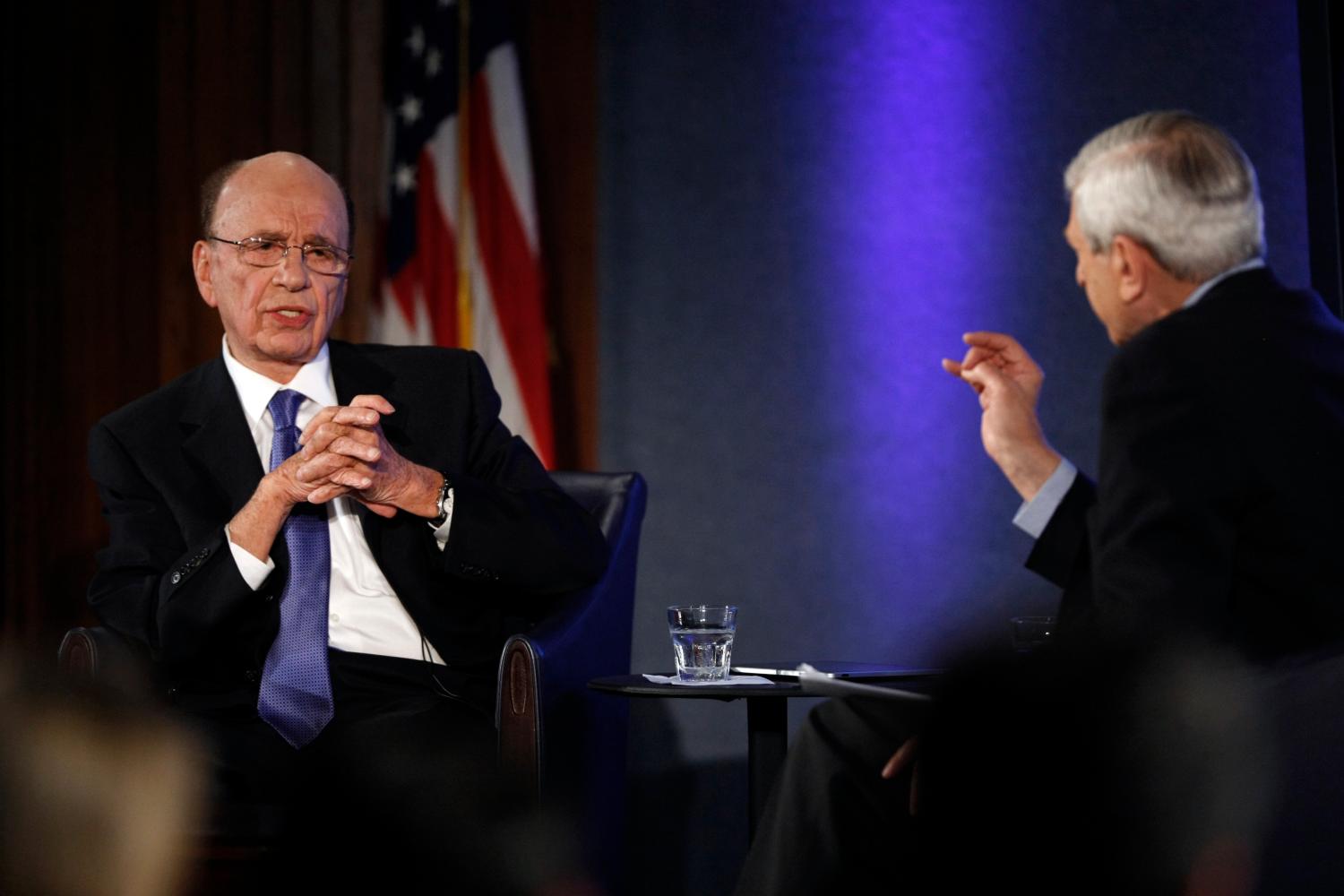President Obama may soon face an “Oops!” moment of his own. The issue will be his current, accelerated effort to negotiate an end to the Afghan War.
During his 2008 quest for the presidency, Obama felt the need, as a Democrat with no military experience, to disguise his “dovish” approach to the Iraq War with a “hawkish” policy toward the Afghan War. Iraq was, he repeatedly insisted, “a war of choice”; as such, a war he wanted to wind down as quickly as possible. On the other hand, he described Afghanistan as “a war that we have to win”–“a war of necessity,” he stressed. But if it was a “war of necessity” that “we have to win,” how could he now change his mind and seek a way out that almost inevitably leads not to a military victory but to the inclusion of the Taliban in a future Afghan government? Oops.
As Obama steps up his re-election campaign, he finds himself in the awkward political position of having to soften his campaign rhetoric in order to come up with a new Afghan strategy for ending the war that is acceptable to his Taliban enemy. Else, no negotiated end to the war is possible, and polls indicate the American people are increasingly unhappy about a war that seems endless and pointless.
The president’s Republican opponents, except for Congressman Ron Paul of Texas, have all criticized the president’s Afghan policy, especially his plan to withdraw an additional 22,000 troops a few months before the 2012 election. Romney, Gingrich and Santorum have argued that Obama should have listened to the advice of his generals, who wanted the withdrawal delayed until the end of this year.
Up to this point, Obama’s critics, political as well as others, have been focusing on the wisdom of his policy of gradually pulling out of Afghanistan at the same time as he is opening a negotiation with the Taliban—at least, trying to. But there is another problem, which may be more challenging. At the end of a negotiation with the Taliban, if indeed such a negotiation ever gets started, the United States will have to accept the Taliban as a major participant in any new Afghan government. That is what used to be called a “coalition government.”
During the Vietnam negotiations, decades ago, the United States strenuously opposed a “coalition government,” including the communists, until President Nixon decided he had no real option. The American people were fed up with the war. It could be that President Obama is nearing a similar decision: looking for a respectable exit from Afghanistan, knowing that none really exists without his agreeing to a Taliban role in a new “coalition” government. This is based on an assumption, totally untested at this time, perhaps even unrealistic, that the Taliban would in the final analysis agree to such an outcome. Based on the sad U.S. experience in Vietnam, it may be that the Taliban wants it all, a return to absolute, total power, and it’s prepared to look and sound reasonable, and suggest a negotiated outcome is possible, while the United States gradually pulls out of the country, as it is pledged to do at the end of 2014.
Obama seems embarked on a highly problematic approach to ending the American involvement in Afghanistan. He’s decided a military solution is not possible, and a political one may be beyond his reach. What now?
The Brookings Institution is committed to quality, independence, and impact.
We are supported by a diverse array of funders. In line with our values and policies, each Brookings publication represents the sole views of its author(s).




Commentary
Obama’s “Oops” in Afghanistan
January 23, 2012